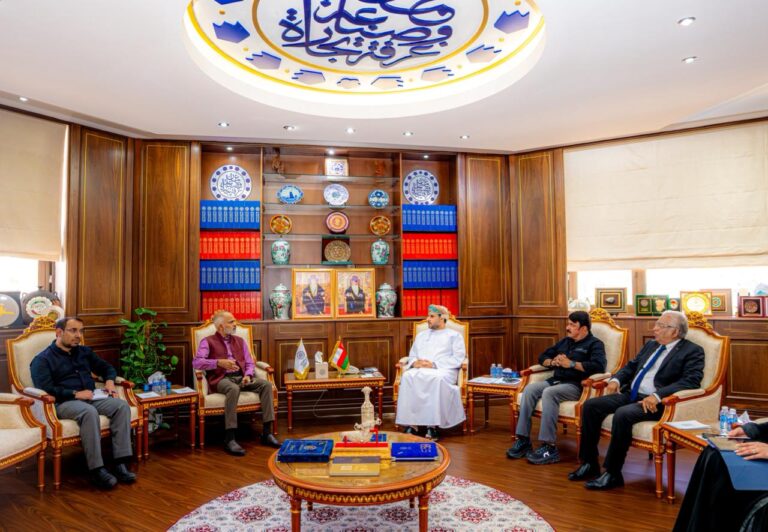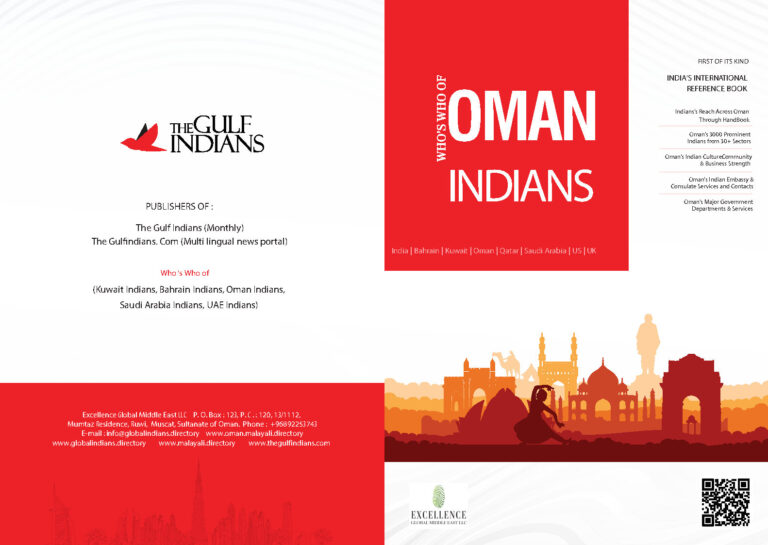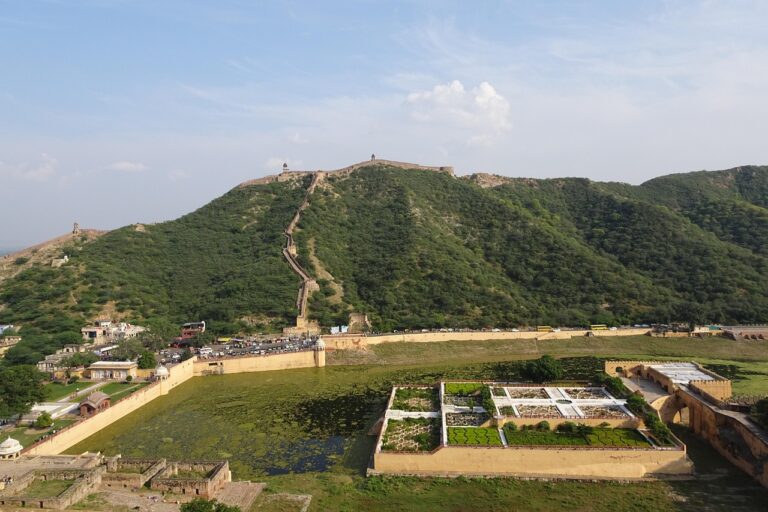Our Correspondent
On March 22, Dubai successfully launched its first nanometric environmental satellite from the Baikonur Cosmodrome in Kazakhstan.
The lift-off was at 10.07am UAE time, and the first signal from DMSat-1 was received at Mohammed Bin Rashid Space Centre’s (MBRSC) mission control centre at 4.42 PM.
Footage of the Soyuz-2.1a rocket carrying the DMSat-1 hurtling towards space.#DMSat1#UAE4BetterEnvironment@DMunicipality pic.twitter.com/0qz8m8wPFe
— MBR Space Centre (@MBRSpaceCentre) March 22, 2021
The miniature 15-kg nano satellite was developed by Dubai Municipality in collaboration with the MBRSC after an agreement was signed in 2016. It is the fourth satellite in orbit to be operated by the MBRSC.
DMSat-1 was manufactured by engineers at Space Flight Laboratory (SFL) at the University of Toronto; a team from Dubai’s space centre supervised the development and worked on the final testing of the satellite before moving it abroad.
The satellite was launched on board Russian-made Soyuz 2.1a rocket and reached its orbit 550 km above Earth. DMSat-1 then began the in-orbit testing, calibration and validation phase to ensure all systems and instruments on board are fully functional and ready for the next phase.
The second phase will commence soon, when the satellite will monitor, collect and analyse environmental data and study and monitor seasonal changes of greenhouse gases that will help build sustainable cities.
The data will be stored on the onboard storage system and downloaded to MBRSC’s ground station.
The satellite is among small payloads from 18 countries, including Saudi Arabia and Tunisia, that will be delivered into space by the rocket. The main payload is South Korea’s CAS500-1 spacecraft.











